National Power, a custom battery pack assembler located in Chicago, IL, has been creating both standard and custom battery packs for over 40 years. National Power’s goal is to power vital devices that improve lives. Their primary markets include Medical Equipment, T&M, Robotics, and Communication Equipment.
In today’s age, two popular battery technologies include Lithium-Ion (Li-Ion), and Nickel-Metal Hydride (NiMH). Both Lithium-Ion and Nickel-Metal Hydride batteries are found in a number of consumer products, medical instruments, and robotics. Let’s take a quick dive at the Pros and Cons of rechargeable Li-Ion and NiMH battery packs.
Lithium-Ion & Nickel-Metal Hydride Overview
Li-Ion batteries are by far the most common batteries in the market today, especially for consumer electronic devices. In short, the movement of lithium ions in each battery cell create free electrons to help produce an electric current to the device it is powering.
NiMH batteries can also be used for consumer electronic devices, but are more common in high-current-drain applications, like hybrid cars. In short, NiMH batteries use Nickel Oxide Hydroxide (NiOOH) and a hydrogen absorbing alloy like zinc, titanium, etc to help produce an electric current to the device it is powering.
Lithium-Ion Pros
- Fast Charging Rate (a usual charge time only takes a few hours, and they can hold a charge for a longer time than NiMH battery packs)
- High Voltage Output (a typical Li-Ion cell can deliver 3.6 volts, while a typical NiMH cell can only deliver 1.2 volts)
- Size and Weight (Li-Ion battery packs are a lot smaller and lighter than NiMH battery packs. Fun Fact: the smallest rechargeable Li-Ion cell is only 20mm long with a 3.65mm diameter!)
Lithium-Ion Cons
- Stringent Safety Certs (Since Lithium-Ions are very active materials, there are a number of safety certifications that need to be met when creating a Li-Ion battery pack)
- Incompatible (Companies make product specific sizes and shapes of Li-Ion batteries, thus not allowing batteries to be swapped out for different industry-related gadgets)
Nickel-Metal Hydride Pros
- Temperature Range- NiMH battery packs tend to perform better in applications exposed to more extreme temperatures
- Faster time to Market
Nickel-Metal Hydride Cons
- Loses Charge While in Storage (Can lose 1-5% of its charge per day when in storage)
- Longer Charging Time than Li-Ion Battery Packs
Are you looking to design a battery pack and are unsure of which technology to use? Let National Power’s innovative designs, safe reputation, and quick turnaround times help you today!

